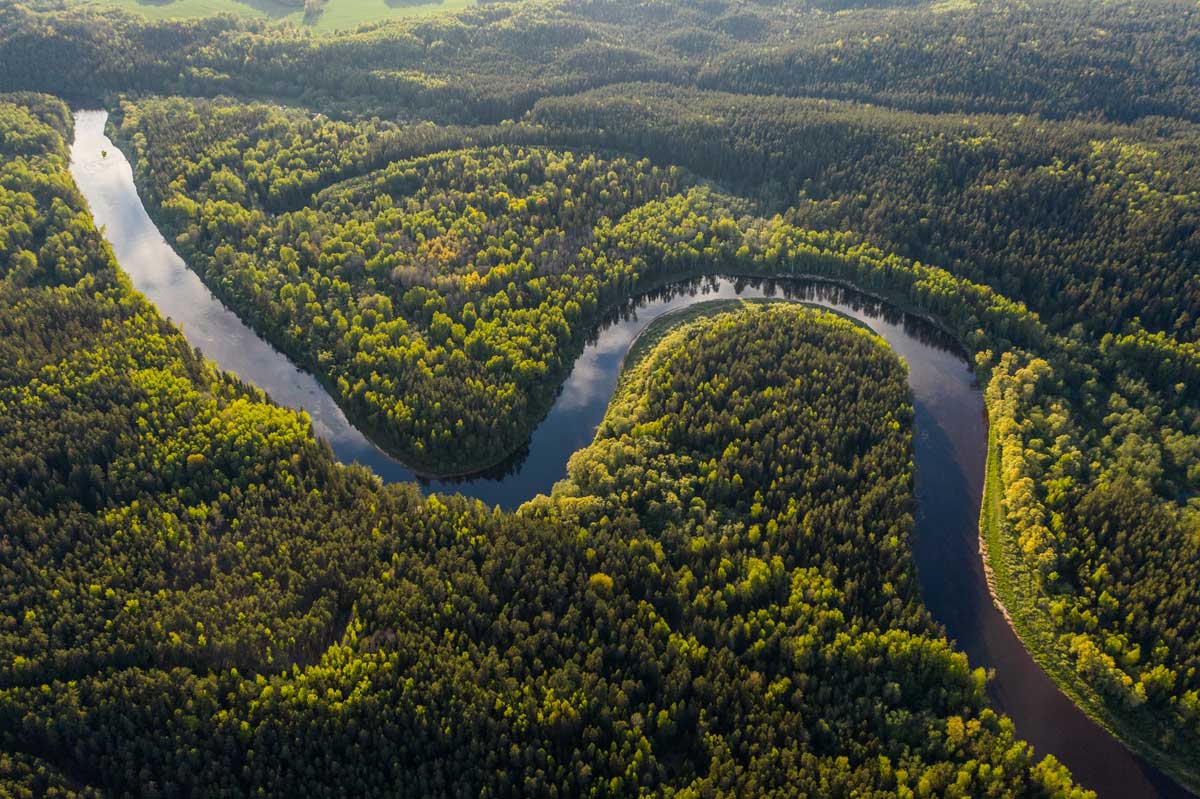Belem, the host of COP30, is trying to show that the Amazon can generate jobs without clearing trees. Para state has launched a new Bioeconomy and Innovation Park to help locals turn traditional forest products from acai to Brazil nuts into export-ready goods. The project sits beside the century-old Ver-o-Peso market, linking long-standing Amazon trade with modern processing labs and equipment meant to boost production and income.
WHY IT MATTERS
Brazil wants to demonstrate that a “living forest” can be economically competitive with cattle, soy and mining. Early studies show forest-product value chains already rival livestock income in Para, and officials hope to expand that into a recognisable industrial sector. With Belem about to host the world’s biggest climate summit, the state is under pressure to prove that conservation and development can advance together.
Producers, small businesses and forest communities stand to benefit from better processing facilities and higher-value markets. Companies like Natura already rely on Amazon ingredients, while newer ventures are scaling up acai, oils and specialty foods through the park’s labs. Farmers and cooperatives are also using the facilities to improve packaging, blends and shelf life, hoping to reach premium buyers at home and abroad.
WHAT’S NEXT
Para will use COP30 to court investors and expand infrastructure so forest-based industries can grow beyond small-scale production. The Bioeconomy Park is expected to push more Amazon products into global markets, but lasting success will depend on keeping forests intact as demand rises. For Brazil, Belem’s progress will serve as a showcase of what a viable “rainforest economy” could look like on the global stage.
With information from Reuters.
